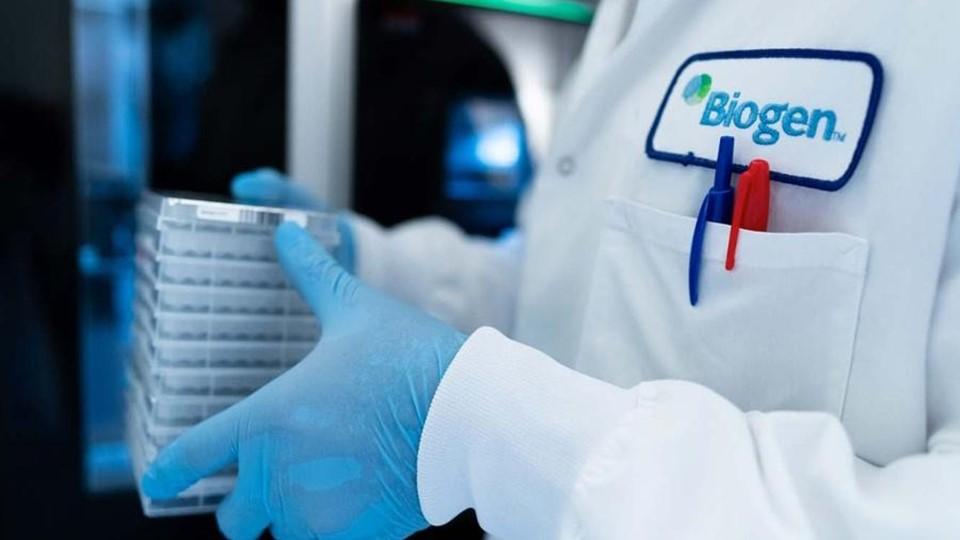Roche says MS drug better than Merck's Rebif

Roche's Ocrevus (ocrelizumab) is better at controlling disease activity in relapsing multiple sclerosis than German Merck's Rebif (interferon beta-1a), according to late stage trial data.
The drug was also able to halt disease progression in some patients with primary progressive MS, a form of disease for which there is no approved treatment.
Roche said that a 75% higher proportion of relapsing multiple sclerosis patients (RMS) achieved No Evidence of Disease Activity with Ocrevus compared with Merck KGaA's Rebif.
In primary progressive multiple sclerosis (PPMS), a 47% higher proportion of patients achieved no evidence of progression with Ocrevus compared with placebo.
Ocrevus increased disease control in patients with RMS and PPMS in separate post-hoc analyses, the company said, based on findings of pooled data from the phase 3 OPERA I and OPERA II studies.
The drug is predicted to be a serious challenger in multiple sclerosis, with EP Vantage predicting sales of around $4.4 billion by 2020.
This will mean the drug will be vying with Biogen's Tecfidera (dimethyl fumarate) for supremacy in the MS market.
However, Biogen will still get a royalty from Ocrevus as it was originally developed by Idec, which merged with Biogen in 2003.
The US Food and Drug Administration is due to make a decision on Ocrevus by December 28, and the drug is also under review by the European Medicines Agency.
If approved it will be the first treatment for both forms of MS, covering around 95% of the disease population.
Data were presented at the European Committee for Treatment and Research in Multiple Sclerosis (ECTRIMS) conference in London.













